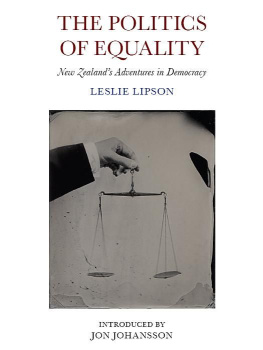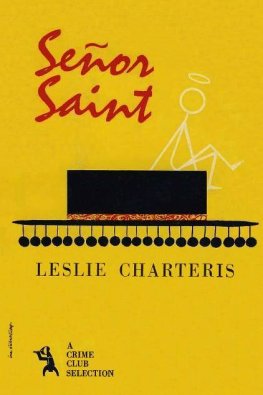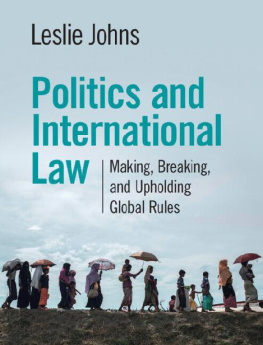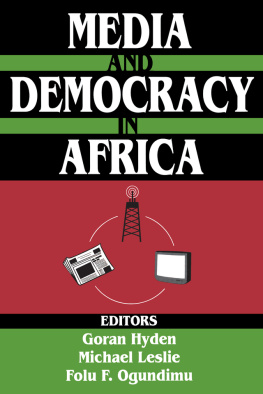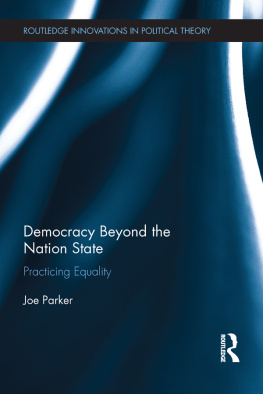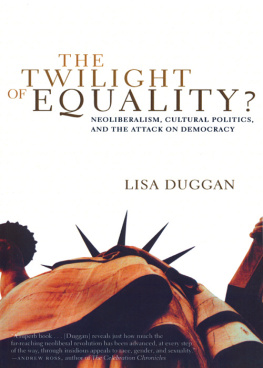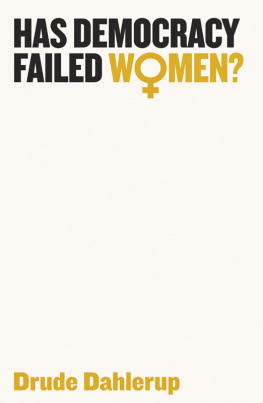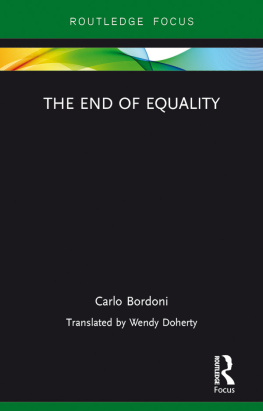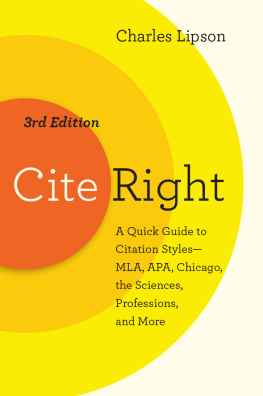VICTORIA UNIVERSITY PRESS
Victoria University of Wellington
PO Box 600 Wellington
victoria.ac.nz/vup
First published by the University of Chicago Press 1948
This edition first published 2011
Copyright the estate of Leslie Lipson 1948
Introduction copyright Jon Johansson 2011
This book is copyright. Apart from
any fair dealing for the purpose of private study,
research, criticism or review, as permitted under the
Copyright Act, no part may be reproduced by any
process without the permission of
the publishers
National Library of New Zealand Cataloguing-in-Publication Data
Lipson, Leslie, 1912-2000.
The politics of equality: New Zealands adventures in democracy
/ by Leslie Lipson; introduced by Jon Johansson.
ISBN 978-0-86473-646-8
1. Equality. 2. New Zealand-Politics and government.
3. New ZealandHistory.
I. Title. II. Johansson, Jon, 1961-
993dc 22
Ebook production 2011 by meBooks
INTRODUCTION TO THIS EDITION
Democracies everywhere are dedicated in spirit to the twin ideals of liberty and equality.
Leslie Lipson, The Politics of Equality
Introductory Remarks
L eslie Lipsons 1948 classic The Politics of Equality is the preeminent scholarly analysis of New Zealands political development from the beginning of responsible government in 1856 up until the midpoint of the twentieth century. It therefore gives me great pleasure to re-introduce it to a new generation of readers. Lipsons title captures an essential strand of our democracys history, New Zealands historic preference for equality over liberty. As Lipson wrote in his introduction, In New Zealand, if any sculptured allegory were to be placed at the approaches of Auckland or Wellington harbor, it would assuredly be a statue of Equality.
If such an allegory were commissioned in 2011 what symbol might we New Zealanders choose? Its safe to bet it would not be a statue of equality. Nineteen eighty-four changed all of that. Twenty-six years after Rogernomics, generations X and Y have been socialised in, and known only, its greater freedoms. To these younger New Zealanders a giant like Vogel is known only as a brand of bread, Seddon as a statue or as a place to fill up on gas, and Savage as the prerequisite photo required if one aspires to public service via the parliamentary Labour Party. One also suspects that as a country we would struggle to identify a central symbol of our experience together as a people. The best I can offer is an allegory resembling Abel Tasmans ill-fated cartography of these islands during his all too brief and unhappy 18-day visit, immortalised for all time as a Dali-esque question mark.
Uncertainty about the countrys path forward is one significant reason for reintroducing Leslie Lipsons exquisite prose after a sixty year hiatus. Talking and listening to over 400 bright young Kiwis about politics each year also suggests there is a growing disconnect between our countrys present and its past. Aside from the natural-born political junkies in my classes, very few of my young students know much about where their country has come from, nor of the deep values that have underpinned our contemporary democracy, and still do, even if they and we give some of these values new labels.
The Politics of Equality bridges this knowledge gap because it analyses how we mdigemsed our politics to claim it as our ownby degrees mostly, but sometimes dramaticallywhile also keeping a rough fidelity to the superstructure bequeathed from the colonisers mother country Britain. Along the way certain values came to underpin our conception of New Zealand-styled democracy, the foremost being a society-wide commitment to equality. As Lipson wrote:
It was such a spirit as this which exorcised from New Zealand the extremes of poverty and wealth, which created the high standard of living, and which made sure that it was fairly evenly spread. Equalitarianism governs politics and economics alike; and in current New Zealand parlance the term undemocratic is usually synonymous with unequal.
Lipson believed that one natural consequence of an historic preference for equality was to modify our indigenous interpretation of liberty. The New Zealand conception of freedom was limited more to the idea that one could do what one pleased only so long as it was neither more nor less advantageous than what other people were doing. Conformity, or at the very least a bounded sense of freedom, was our local adaptation of liberty. Lipson was no awe-struck observer of our egalitarian preference, however. He was also sensitive to the negative consequences of this commitment. In what I regard as Lipsons most elegant sentence, he observed that In its anxiety to raise minima the country deemed it necessary to lower maxima.
On a deeper level, the interplay between freedom and equality that Lipson identifies and analyses so well is also the central tension that describes movements in our domestic politics. In a country where writer after writer has struggled to identify a guiding set of principles driving earlier political generations, even as great transformations were being undertaken in their respective governments name, Lipson understood that our political yin and yang was the fluid action and reaction to each egalitarian advance. This tension remains today and is arguably even more salient to contemporary debates about the proper size and role of the state.
A second purpose in bringing The Politics of Equality back into print complements the first. Epsons actual analysis of our political development is a high quality one for any person interested in understanding our current political systems antecedents. He divides his study into two logical parts: the fluid early period from the establishment of responsible government in 1856, traversing the period of the continuous ministry, up until the election of the Liberals in 1890. Part two is bookended by the analysis of two great reforming governments, the Liberals, who laid the foundations of our egalitarianism, and the First Labour Government, which so comprehensively built upon this earlier effort. Through analysing our electoral system, political parties, the cabinet and the prime ministership, parliament and the operation of our public service, Lipson traces movements in each sphere as fluidity eventually gave way to the strong centralised (and ultimately unitary) state that was locked in place by the mid-twentieth century.
A third reason for reprinting this book centers on the mystical chords of memory that link Lipsons original purpose in establishing Victoria Universitys Politics Department with its continuing purpose, namely the education of generations of young New Zealanders into politics: our responsibility to help educate talented individuals who then go on to serve their country as either politicians or public servants. This rich link is one we are very proud of in Victoria Universitys politics programme. Lipson was charged with offering a comprehensive education for those who would later be expected to rise to top positions in government. Former Prime Minister Sir John Marshall and the former senior diplomat and Secretary of Foreign Affairs Sir George Laking were among Lipsons original cohort of students. This tradition remains strong, with several current parliamentarians across our political parties and scores of public servants successful graduates of our politics programme.



